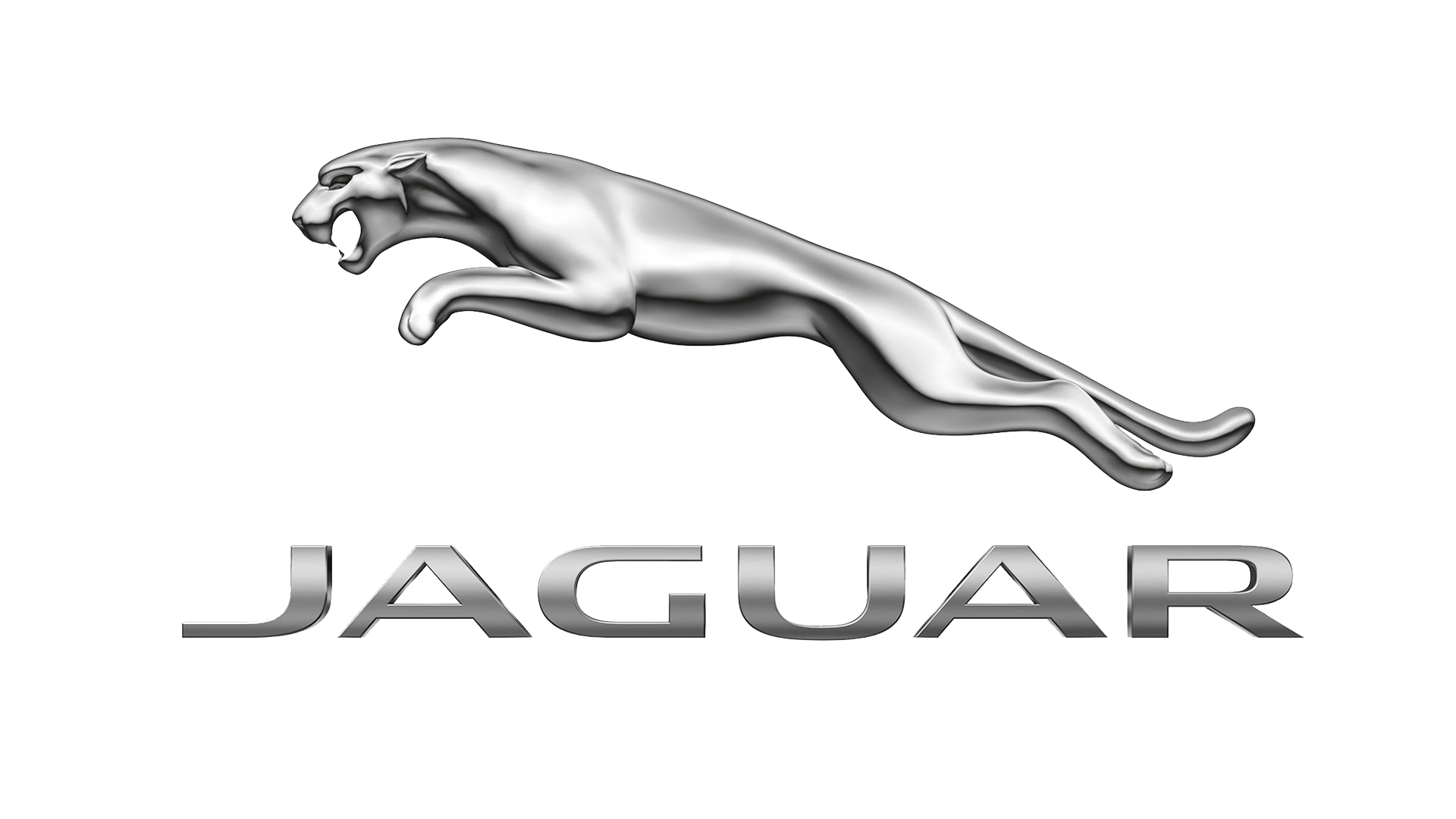Lexus vs Mazda represents the classic battle between affordable premium and attainable luxury. Lexus stands as Toyota's luxury division. It focuses on refinement, comfort, and reliability. Mazda is a mainstream brand pushing upscale. It emphasizes driving dynamics, design, and value. This comparison helps luxury seekers, value-conscious buyers, and driving enthusiasts make smart choices. Whether you want premium cars or luxury cars on a budget, this guide covers everything about Lexus or Mazda decisions.
Read More : mazda cx 5 vs lexus rx
Brand Philosophy & Market Positioning Lexus vs Mazda
Lexus Brand Identity
Lexus represents unwavering luxury and impeccable reliability. The brand delivers refined comfort and cutting-edge technology. It targets discerning buyers seeking serene and sophisticated driving experiences. Brand prestige matters to Lexus customers. The company was born from Toyota's pursuit of world-class luxury. Meticulous engineering defines every Lexus model.
Mazda Brand Philosophy
Mazda follows the "Driving Matters" philosophy. The brand offers premium design and engaging driving dynamics. Craftsmanship and value drive every decision. Mazda targets drivers who appreciate sporty feel and stylish interiors. They want near-luxury experience without luxury price tags. The brand is shifting upmarket. It aims to bridge mainstream and luxury gaps.
Both brands serve different luxury car market segments. Lexus dominates true luxury space. Mazda excels in premium mainstream cars category.
See More : Best japanese used car Brands next drive japan
Price and Value: Lexus vs Mazda (2025 Update)
How do the prices compare, and what kind of value do you get for your money in 2025?
| Model | Starting Price (USD) | Typical Price Range (USD) |
|---|---|---|
| Lexus ES | $42,140 | $42,140 - $52,430 |
| Lexus RX | $49,125 | $49,125 - $71,260 |
| Mazda3 Sedan | $24,150 | $24,150 - $38,135 |
| Mazda CX-5 | $28,770 | $28,770 - $42,020 |
| Mazda MX-5 Miata | $29,530 | $29,530 - $37,550 |
Value and Resale
-
Lexus: Retains 66.4% of its value after 5 years (Lexus RC F). Its resale value is one of the best in the industry.
-
Mazda: The Mazda MX-5 Miata maintains 63.7% of its value. It’s strong for mainstream brands but doesn’t reach Lexus' level of luxury.
Lexus is known for its luxury features and strong resale value, which justifies the higher prices. However, Mazda gives you a sporty feel and an upscale interior without the hefty price, making it ideal for those looking for value without sacrificing style.
Value & Resale (2025 Estimates)
| Brand | Top Resale Model | 5-Year Value Retention (%) | General Value Retention (Brand) |
|---|---|---|---|
| Lexus | RC F | 66.4% | High among best luxury brands |
| Mazda | MX-5 Miata | 63.7% | Strong for mainstream brands |
Lexus commands higher starting prices but includes luxury amenities as standard. Mazda offers more accessible starting prices. Premium features come on higher trims. This makes Mazda attractive for budget-conscious buyers.
Maintenance costs differ significantly between brands. Lexus parts and labor typically cost more. However, the brand offers exceptional reliability. Insurance premiums favor Lexus due to safety ratings and brand reputation.
Resale value strongly favors Lexus. The luxury brand maintains value better over time. Mazda shows improving resale trends but cannot match Lexus performance yet.
Lexus justifies premium pricing with brand prestige, advanced features, and quiet cabins. Mazda delivers premium feel, driving enjoyment, and stylish design at lower prices. Each brand serves different value expectations.
For those interested in broader Japanese car comparisons, check out reliable Japanese car brands for more insights.
Performance and Driving Dynamics Comparison
| Aspect | Lexus | Mazda |
|---|---|---|
| Driving Philosophy | Balance of luxury, tranquility, and composed dynamics | Jinba Ittai oneness driver engagement and feedback |
| Engineering Focus | Comfort, refinement, advanced AWD, hybrid tech | Lightweight, agile chassis, Skyactiv, sharp handling |
| Ride Quality | Ultra-smooth, serene, isolated from road noise | Sporty, connected, dynamic but generally firmer |
| Performance Models | F and F-Sport lines, multi-stage hybrid systems | MX-5 Miata, Mazdaspeed legacy, all models focus on fun |
| Noted For | Quiet cabins, luxury feel with surprising agility | Lively steering, nimble handling, affordable sporty feel |
Engine Options
Lexus offers extensive powertrain ranges. This includes powerful V6s, V8s, and robust hybrid options. The focus remains on smooth power delivery and refinement.
Mazda emphasizes Skyactiv-G engines that are efficient and responsive. Turbocharged options add excitement. The brand prioritizes driver engagement over pure power.
Handling & Ride Comfort
Lexus typically delivers more serene, comfortable, and insulated rides. The suspension tuning favors comfort over sportiness.
Mazda provides sportier, more engaging handling. The ride often feels firmer but communicative. This appeals to driving enthusiasts.
Transmission and Drivetrains
Both brands favor automatic transmissions. Lexus automatics prioritize smoothness. Mazda automatics balance efficiency with responsiveness. Both offer FWD, RWD, and AWD options depending on models.
For mountain driving enthusiasts, explore best cars for mountain driving to understand terrain capabilities.
Interior Quality and Design
| Feature | Lexus | Mazda |
|---|---|---|
| Brand Positioning | Luxury brand | Premium mainstream/near-luxury brand |
| Material Quality | High-end materials: fine leather, wood trims, soft-touch plastics, meticulous fit and finish | Upscale materials for class, premium-feeling, but generally less luxurious than Lexus |
| Design Focus | Comfort, refinement, modern aesthetic, driver-centric cockpit | Human-centric, intuitive, less cluttered, focused on clarity and driver usability |
| Technology Integration | Advanced systems with large touchscreens and luxury tech features | High-quality tech, but typically less extensive than Lexus luxury tech |
| Interior Feel | Luxurious, smooth, meticulous craftsmanship | Upscale and refined, near-luxury feel but slightly trailing Lexus in smoothness |
| Representative Models | RX, LS | CX-90, CX-50 |
| Price Position | Higher price reflecting luxury status | Lower price but moving towards luxury pricing especially with CX-90 |
| Driver Experience | Emphasizes comfort and premium feel | Emphasizes driver engagement and intuitive layout |
Interior Quality and Design: Lexus vs Mazda
Both brands focus on creating comfortable, driver-friendly interiors, but they cater to different tastes.
Lexus Interior Quality: Luxury Craftsmanship
- Materials: Lexus uses high-end materials like fine leather, wood accents, and soft-touch plastics. The fit and finish are immaculate.
- Design Focus: Lexus interiors prioritize comfort and elegance with a modern, sleek design.
- Technology: Advanced touchscreens, Mark Levinson audio systems, and premium sound make every ride feel luxurious.
Mazda Interior Quality: Upscale Yet Practical
- Materials: Mazda uses premium materials but not to the extent of Lexus. The quality is impressive for the price.
- Design Focus: Mazda’s driver-centric design is intuitive, with less clutter and a focus on user-friendliness.
Technology: The Mazda Connect system is easy to use, with features like Apple CarPlay and Android Auto standard in most models.
Materials & Craftsmanship
Lexus uses high-end materials including leather, wood, and soft-touch plastics. Fit and finish remain meticulous across all models.
Mazda delivers upscale materials for their class. Thoughtful design and attention to detail create premium feelings without luxury pricing.
Comfort & Ergonomics
Seating quality differs between brands. Lexus prioritizes plush comfort with extensive adjustability. Heating and ventilation systems are comprehensive.
Mazda focuses on driver-centric design. The cabin layout emphasizes intuitive control placement. Support balances comfort with engagement.
Noise, Vibration, and Harshness (NVH)
Lexus excels at isolating cabins from road and wind noise. The luxury brand invests heavily in sound dampening.
Mazda shows significant improvement in recent models. However, Lexus maintains advantages in overall quietness.
Technology and Infotainment
Infotainment Systems
Lexus transitioned from touchpad to touchscreen interfaces. The new Lexus Interface improves usability. Mark Levinson audio systems deliver premium sound.
Mazda uses Mazda Connect system with rotary dial control. The design minimizes driver distraction. Bose sound systems provide excellent audio quality.
Connectivity Features
Both brands support Apple CarPlay and Android Auto. Lexus increasingly offers wireless connectivity. Mazda traditionally used wired connections but is expanding wireless options.
Advanced features include head-up displays, digital instrument clusters, and panoramic sunroofs. Lexus typically includes more standard advanced features.
Safety Features and Ratings :Lexus vs Mazda
Both brands have excellent safety ratings and comprehensive safety suites.
- Lexus Safety System+ includes advanced features like adaptive cruise control, lane-keeping assist, and automatic emergency braking.
- Mazda i-Activsense offers competitive tech like blind-spot monitoring, rear cross-traffic alert, and more.
Reliability and Durability
Lexus enjoys legendary reliability reputation. The brand consistently tops reliability rankings. J.D. Power and Consumer Reports regularly praise Lexus dependability.
Mazda maintains strong and improving reliability reputation. Recent models show fewer issues and improved longevity. However, Lexus maintains overall reliability leadership.
Warranty coverage varies between brands. Lexus offers competitive basic and powertrain warranties. Mazda provides similar coverage with competitive terms.
For broader reliability insights, review Toyota vs Honda comparison since Lexus shares Toyota's reliability foundation.
Fuel Efficiency: Lexus vs Mazda
Lexus excels in hybrid technology, with many models offering exceptional fuel efficiency through their hybrid powertrains. Mazda, while not as extensive in hybrid offerings, still delivers solid fuel efficiency through their Skyactiv engines.
Lexus: Leading the way with a robust hybrid lineup that offers great fuel economy.
Mazda: Efficient Skyactiv engines make Mazda cars competitive, though hybrid options are fewer.
Model-Specific Comparisons
|
Category |
Lexus Model |
Mazda Model |
Key Differences |
|
Compact SUVs |
NX |
CX-5/CX-50 |
Lexus offers luxury refinement; Mazda provides sportier handling and value |
|
Mid-size SUVs |
RX |
CX-90 |
Lexus emphasizes comfort; Mazda focuses on family utility and engagement |
|
Sedans |
ES |
Mazda3 |
Different classes but Mazda3 offers premium feel at lower price point |
The Lexus NX vs Mazda CX-5 comparison highlights core brand differences. NX delivers luxury refinement while CX-5 emphasizes value and driving dynamics.
For Honda alternatives, explore Mazda vs Honda comparisons.
Pros and Cons Summary
Lexus Advantages
- Prestige and luxury badge recognition
- Exceptional reliability and durability
- Quiet, refined cabin experience
- Comprehensive hybrid lineup
- Strong resale value retention
Lexus Disadvantages
- Higher purchase prices
- Less sporty driving feel
- Premium maintenance costs
- Limited performance variants
Mazda Advantages
- Engaging driving dynamics
- Premium interior quality for price
- Attractive, distinctive design
- Excellent value proposition
- Improving reliability record
Mazda Disadvantages
- Not true luxury badge for some buyers
- Less powerful base engines
- Limited hybrid options
- Lower resale values than luxury competitors
Conclusion
Conclusion: Lexus vs Mazda – Which is Right for You?
The choice between Lexus vs Mazda ultimately depends on what you value most in a vehicle.
- Go with Lexus if you want: Luxury, unmatched reliability, premium features, and superior comfort.
- Choose Mazda if you prefer: A sporty, engaging drive, excellent value for money, and stylish design.
Both brands have their strengths, and whether you prioritize performance, interior quality, or value, the right choice comes down to your personal preferences. Want to make a smart buying decision? Test drive both brands to experience their differences firsthand.





























